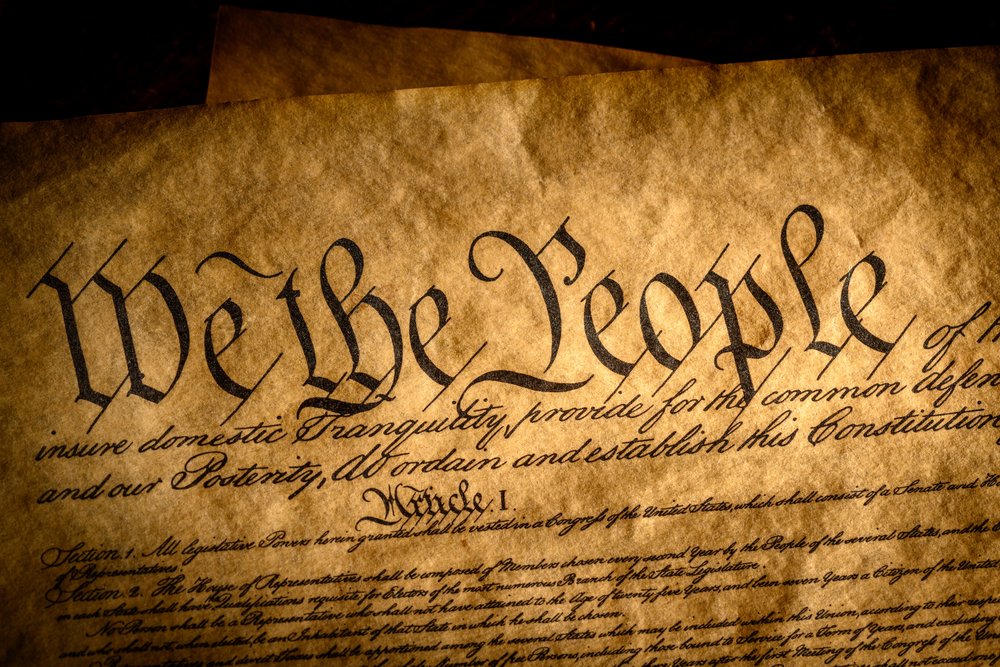What Is Constitution Day?
In 2004, the U.S. Congress passed a law designating September 17 as “Constitution Day and Citizenship Day” to commemorate the signing of our Constitution in Philadelphia on September 17, 1787.
This law instructed:
- each federal agency to provide educational materials concerning the Constitution to all employees every September 17, and
- each educational institution that receives federal funds to hold an educational program on the Constitution every September 17.
Constitution Day is not a legal holiday. What does it mean to those of us who don’t work for a federal agency or go to a federally-funded school?
The purposes of our federal government
Perhaps it should remind citizens, lawmakers and politicians our Constitution defined the purposes of our federal government in its Preamble. These purposes are:
- to form a more perfect union [a better United States of America]
- establish justice [behavior or treatment based on what is morally right]
- ensure domestic tranquility [peace and calmness in our country]
- provide for the common defense [America and Americans free from attacks]
- promote the general welfare [prosperity and happiness for all or most people (not government handouts)]
- secure the blessings of liberty to ourselves and our posterity [ensure the benefits of liberty for all future generations].
These lofty principles should be the guiding light of all government activity. As this is not the case nowadays, let’s reflect on the famous words of Pericles, the Greek statesman, orator and general of Athens during the Golden Age of Greece, 500 to 300 B.C.:
“Just because you do not take an interest in politics doesn’t mean politics won’t take an interest in you.”
That Golden Age gave us literature, art, monuments, architecture and philosophy which many consider the building blocks of Western Civilization. However, inept and corrupt leadership would bring this age of enlightenment to an end, coincidentally, shortly after the death of Pericles.
The solution to tyranny
Thomas Jefferson, whom many consider founded the United States of America with his Declaration of Independence, gave us the solution to tyranny; when he said:
“Even under the best forms [of government] those entrusted with power have, in time, and by slow operations, perverted it into tyranny; and it is believed that the most effectual means of preventing this would be, to illuminate, as far as practicable, the minds of the people at large, and more especially, to give them knowledge of those facts, which history exhibite[d], that, possessed thereby of the experience of other ages and countries, they may be enabled to know ambition under all its shapes, and prompt to exert their natural powers to defeat its purposes.”
Thomas Jefferson told us that we the people must exert our natural powers to defeat corruption.
That is easier said than done. So, where do we start? Perhaps by educating everyone as to what the Constitution actually says and means. Considering, per surveys, more Americans know the names of the Simpson TV show characters than the five freedoms guaranteed by the First Amendment, it’s a good a place to start.
How much worse will we let it get before we make things better?

